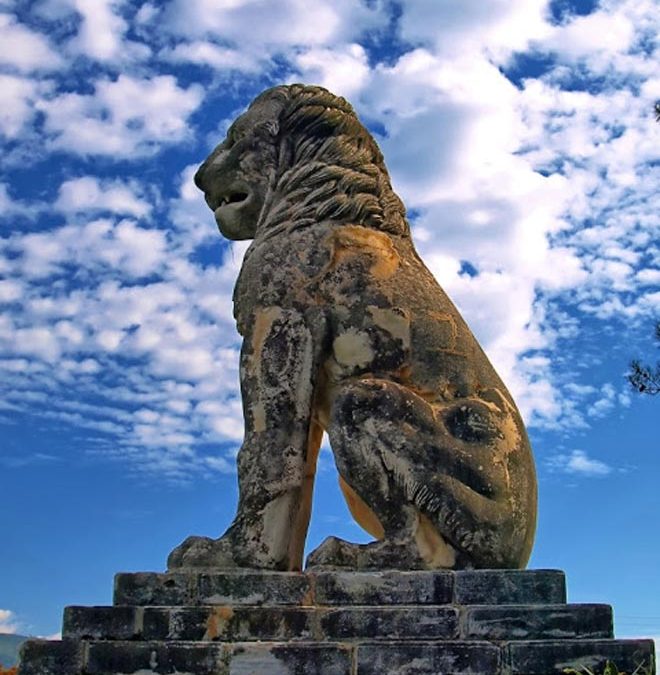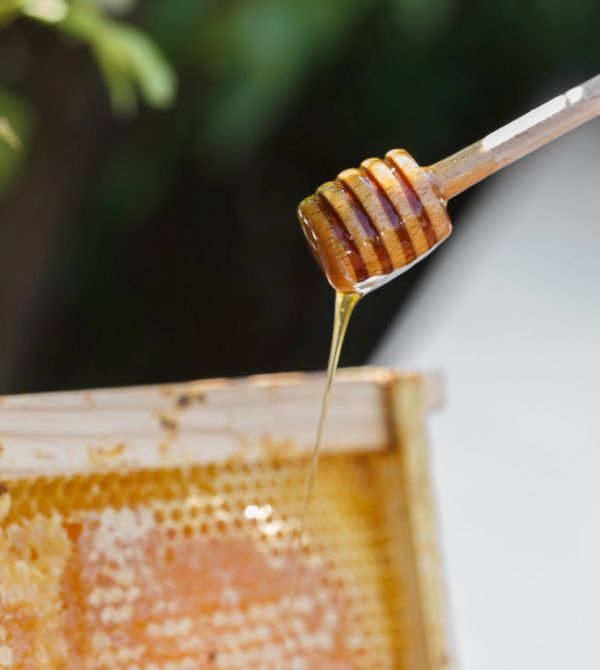Historical Overview
Amphipolis is located at the foothills of Mount Pangaion. This rich land was known since antiquity for the variety of its vegetation. Mount Pangaion, rich in wildlife and flora, as well as in mineral wealth (gold and silver), was naturally the apple of discord for many competing peoples. Because of the abundance of its flora, vital for human survival, it has had various names throughout history. According to Greek mythology, its original name was Karmanion, and later it was named Pangaion, after the son of the god Ares and Kritoboulis. At its summit, the Satræans built the Temple of Dionysus, which was considered equivalent to the Oracle of Delphi. Here, the great lyre player Orpheus lived with his wife Eurydice and delivered his teachings.
Amphipolis was an ancient city located in Eastern Macedonia, on the banks of the Strymon River, at the site of a city previously known as "Nine Roads." It was founded by Athenians in 437 BC with the aim of controlling the resource-rich area. It was later conquered by Philip II of Macedon in 358 BC and became a base for Alexander the Great's campaigns in Asia.
Today, Amphipolis is known for the Lion of Amphipolis, located next to the old bridge of the Strymon River, and the tomb monument of the Kasta Mound. The area is closely connected with Alexander the Great. After his death, significant historical events took place in the region of Amphipolis until the end of the 4th century BC. Key generals and admirals of Alexander the Great are linked to the area, and it was here that Cassander exiled and executed Alexander's legitimate wife, Roxane, and their son, Alexander IV, in 311 BC.

The company
In Amphipolis and the snow-covered Mount Pangaion, adorned with its hundred-petaled roses and home to the first beekeeper, Dionysus, lies the honey production and packaging company "Amphipolis Honey."
Our company has a new and modern honey processing and packaging facility, one of the most advanced vertical units, which also owns and maintains approximately 1000 beehives. It is located at the foothills of Mount Pangaion in Rodolivos, within the Amphipolis Municipality. The facility is certified by SWISS APPROVAL Technische Bewertung S.A. with food safety systems ISO 22000 and ISO 9001. This ensures the quality of our products, which reach the consumer with the highest standards. Our products follow the rules of good agricultural practice, good industrial practice, and all quality control standards outlined by European legislation. They are aimed at modern consumers who do not compromise on the quality of the products they purchase and want to be confident about the quality of what they consume.
Our philosophy

Amfipolis Apiculture focuses on the production of bee products and products from other natural sources with careful production processes.
The achievement of a high level of quality and its assurance at all stages of production is achieved through the application of:
- Good Agricultural Practice (GAP) standards.
- Good Manufacturing Practice (GMP) standards.
- Quality control standards.
To ensure our business consistently delivers superior quality with dedication and care, we have been raising and maintaining a significant number of privately owned beehives for years, while also collaborating with other beekeepers from our region.

